There is the distinction of being long and slow, giving room for error during the league season. While the FIFA Club World Cup is fast and harsh, a team must hit peak form immediately to go far. And with further expanded teams and the largest global attention ever in 2025, preparation has become a chess match for these touts. Managers will have to make quick ad hoc adaptations to the various unique demands. This format is loaded with tight schedules, long-haul travels and high-stakes knockouts.
Short Tournament, Great Pressure
During a regular domestic season, a manager builds momentum through more than 30 matches. They rotate players on and off the pitch and recover from terrible performances. The Club World Cup on the contrary, typically spans just two or three weeks, granting not much time to react. One misstep – a wrong lineup chosen, a poor substitution, a bad tactical call – is immediately death row. The format has no room for warm-ups – a team needs to be sharp right from the word go and execute cleanly.
Chelsea’s interim manager Rafael Benítez felt that pressure in 2012. Despite possessing a star-studded squad, the lack of sense of urgency and poor decisions on player rotation cost them dearly. Chelsea ended up losing the final to Corinthians. Even the strongest European clubs can have their noses rubbed into the dirt, if they consider that matter as inferior to themselves.
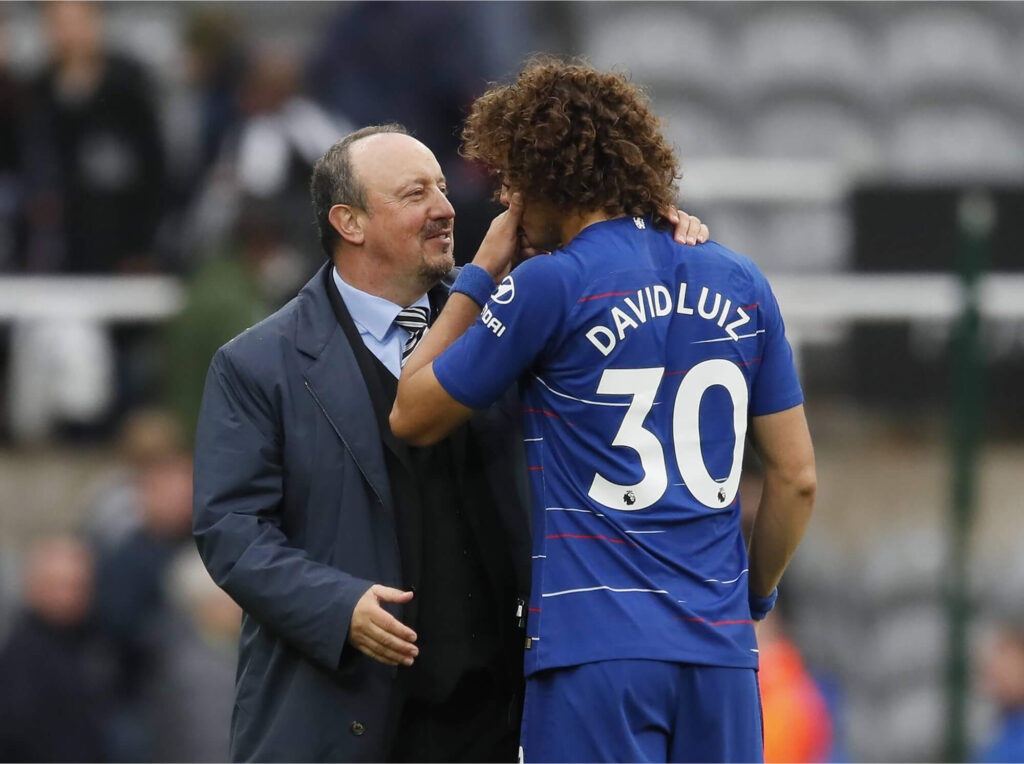
Training Smarter, Not Harder
Time is limited and players arrive from different competitions and time zones. Managers must optimize training without risking fatigue. It translates to focusing on short, intense sessions rather than lengthy tactical drills. The emphasis is on clarity, team shape and game-specific routines rather than general conditioning.
Pep Guardiola had led Bayern Munich and Manchester City in previous Club World Cup appearances. He’s known for using video analysis and pre-tournament simulations. He prepares players mentally as much as physically. He works on reducing heavy training workloads while sharpening tactical understanding.
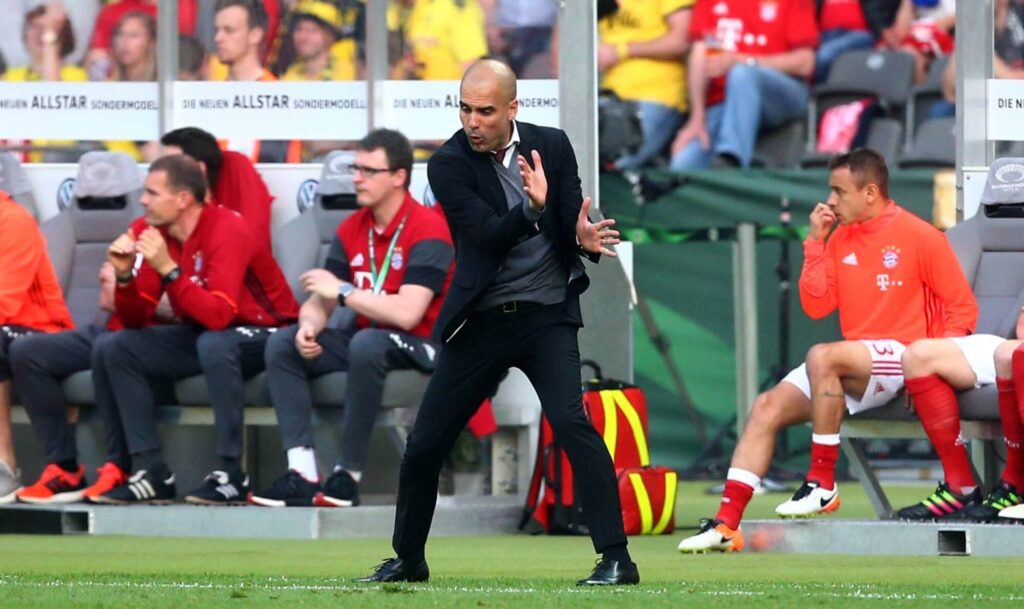
Managers often split sessions by roles. Defenders work on high line coordination, midfielders focus on pressing triggers and attackers on quick transitions. With only a few days between games, training focuses on recovery, game plans and mental readiness.
Squad Rotation and Fatigue
The quick succession of matches, sometimes with just 2–3 days between them, makes player rotation essential. Injuries can derail a campaign, and top managers know that depth is as crucial as star power.
In 2020, Bayern Munich won the Club World Cup under Hansi Flick thanks to his smart rotation. He gave key players like Joshua Kimmich and Thomas Müller rest during early rounds while trusting younger players like Jamal Musiala. This kept the team fresh for the final, where they narrowly beat Tigres UANL.
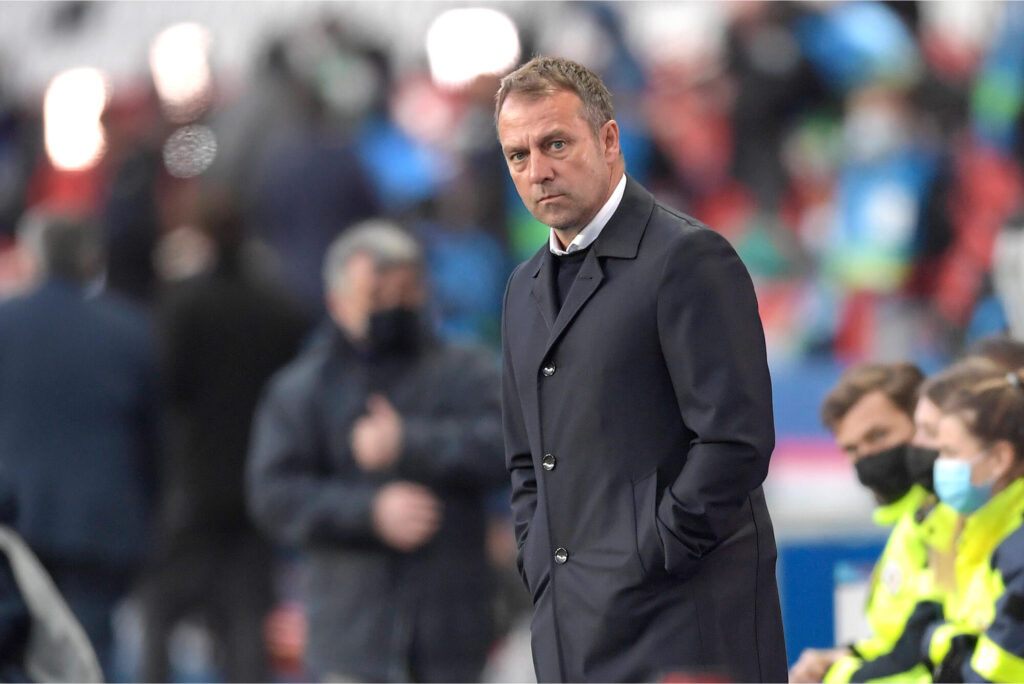
Xabi Alonso, known for his structured style at Bayer Leverkusen, will face a similar challenge in 2025. His side thrives on positional discipline, but that demands high energy. Managing minutes for full-backs and midfielders – typically the most physically taxed roles – will be critical. Using rotation wisely without breaking team rhythm is a balancing act that defines great managers.
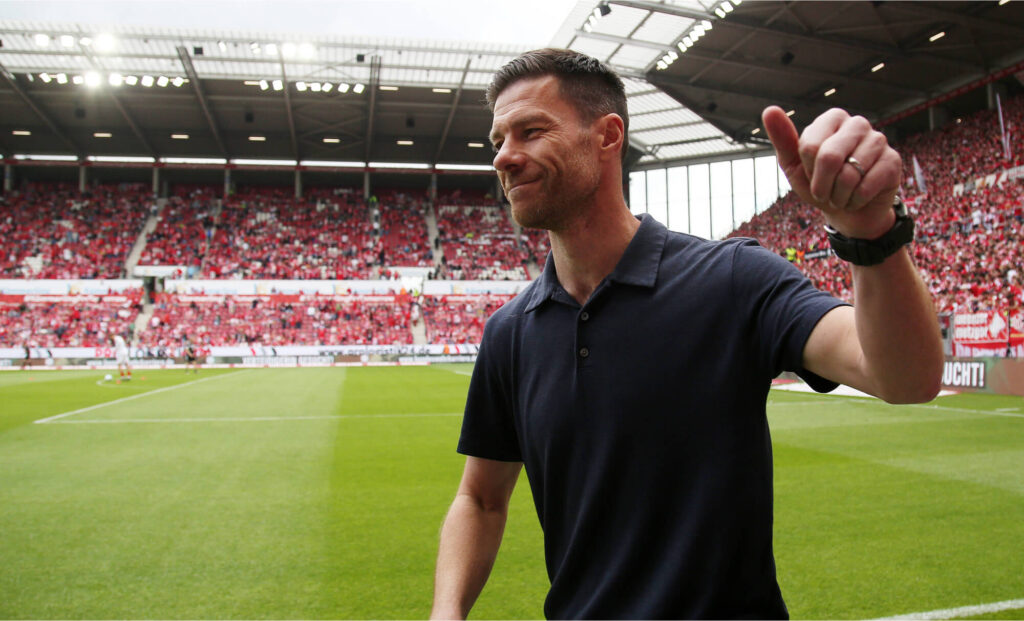
Tactical Flexibility Is Key
In a short tournament, versatility often trumps consistency. Managers must be willing to adapt formations and strategies for different opponents. The Club World Cup features clubs with vastly different playing styles – from South American counter-attackers to Asian possession teams or African high-pressing sides.
Guardiola is a master of this. In the 2023 final with City, he shifted from his usual 4-3-3 to a 3-2-4-1 system, to counter the overloads posed by Fluminense. His flexibility disrupted their buildup and gave City control in midfield.
Similarly, Marcelo Gallardo led River Plate in the 2018 Club World Cup. He adjusted his team’s pressing intensity based on the opposition’s build-up tendencies. His ability to tweak systems mid-game earned him praise, even though River Plate lost a dramatic semi-final to Al Ain.
Tactical flexibility also includes in-game decisions. This could be changing wingbacks, shifting a central midfielder into defense or using a false nine to confuse markers. These adjustments can exploit weaknesses in unfamiliar opponents.
Lessons from Past Managers
History is filled with examples of managerial brilliance—and errors—in short-format tournaments.
Zinedine Zidane (Real Madrid, 2016–2018): Zidane’s success came from simplicity. He relied on his core players – Modrić, Casemiro, and Ronaldo – and minimized tactical risks. He made early substitutions when needed and conserved energy in semi-finals to ensure peak performance in finals. His back-to-back titles highlight the power of consistency and calm leadership.
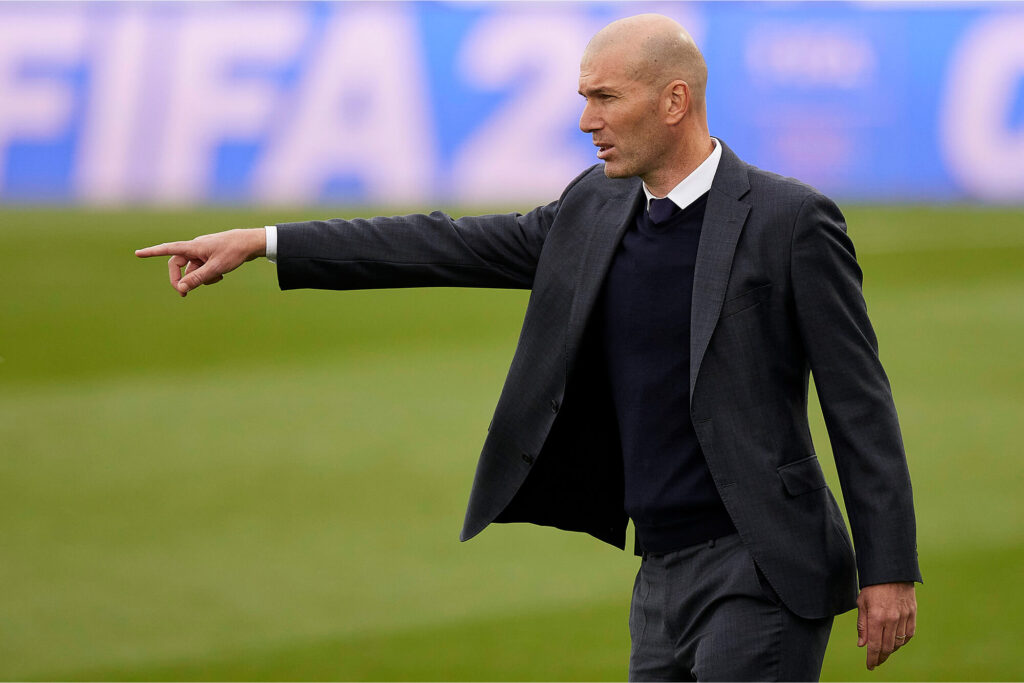
Jurgen Klopp (Liverpool, 2019): Klopp took the tournament seriously. Despite fixture congestion, he brought his strongest lineup and stayed true to his high-pressing style. But he also adapted, using Jordan Henderson as a makeshift center-back during training due to injuries. His tactical adjustments and smart rest periods helped Liverpool win the title for the first time.
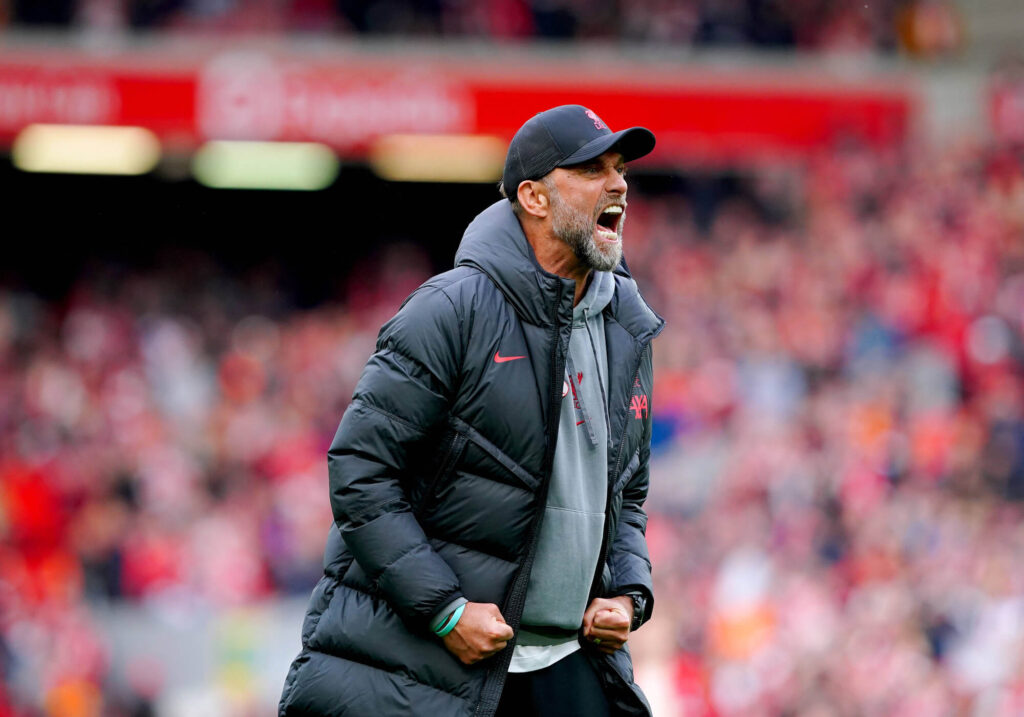
Abel Ferreira (Palmeiras, 2021–2022): The Brazilian manager learned the hard way. In the 2020 CWC, he stuck rigidly to his defensive setup and lost in the semi-finals. In the 2021 season, he was more adventurous with his formation and lineup, guiding Palmeiras to the final. His evolution showed how flexibility and learning from past mistakes are vital.
Precision Over Time
In league football, managers build slowly. In the Club World Cup, they must build instantly. Preparation involves not just physical training. It also includes mental clarity, rotation planning and tactical agility. The revised 2025 edition promises a broader, more intense competition. The role of managers is bound to become even more crucial.
Top coaches like Xabi Alonso and Pep Guardiola will need to balance energy, strategy and adaptability to succeed. One wrong decision can end a dream. But for those who get it right, the Club World Cup offers a chance to conquer the world in just a few unforgettable matches.